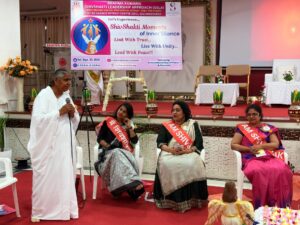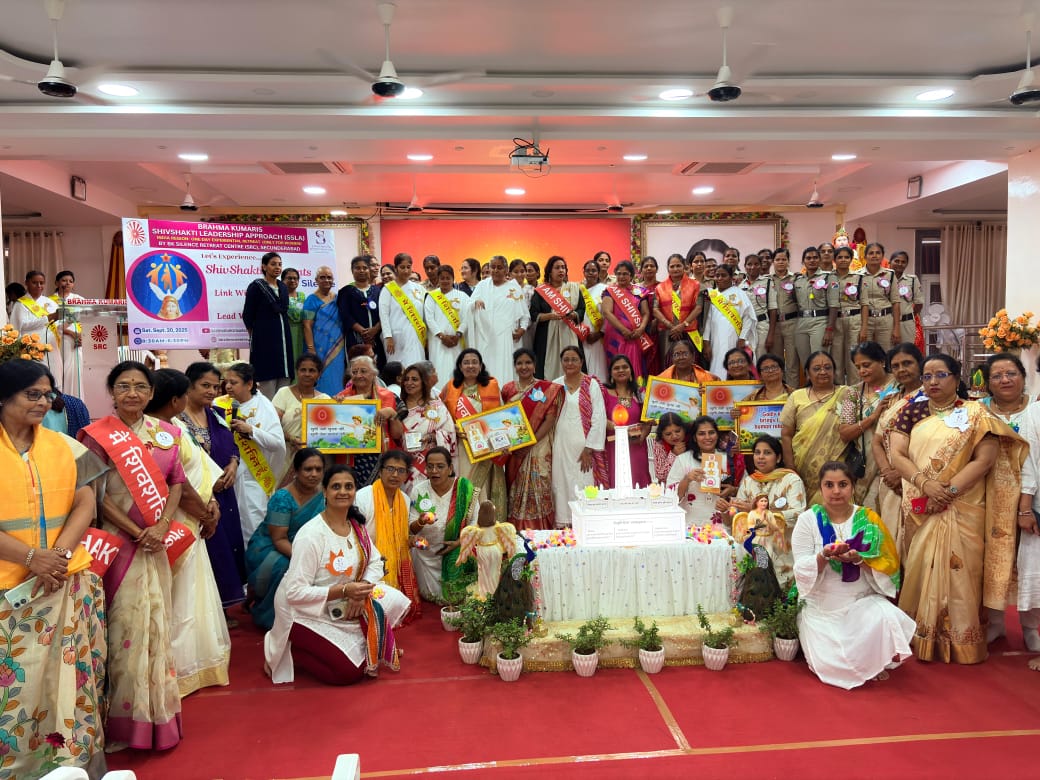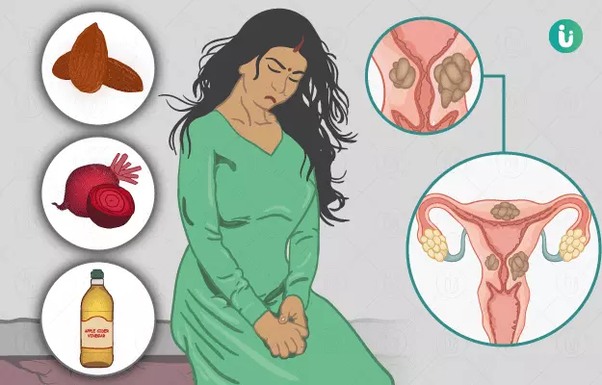In today’s rapidly changing world, the conversation around women’s leadership has become more crucial than ever. Societies across the globe are realizing that the sustainable growth of nations cannot be achieved without empowering half of their population—the women. In this direction, a unique and inspiring initiative took place in Hyderabad at the Silence Retreat Center, Mahadevpur, Bibinagar Mandal, where the “Shiva Shakti Leadership Program” was organized by the Brahma Kumaris. This program not only honored women achievers but also laid down a powerful roadmap for the future, focusing on spiritual, mental, and skill-based empowerment.
The central theme of the program was clear: “Women’s leadership is the basis of social progress.” Speakers, participants, and organizers emphasized that sustainable development in any society can only be realized when women step forward and lead in every sphere of life—be it education, health, governance, or social service.
Women are the backbone of every community. They nurture families, manage households, contribute to the workforce, and play a vital role in shaping values for future generations. When women are given opportunities to lead, they bring unique perspectives rooted in empathy, resilience, and collaboration. These qualities are not just beneficial but essential in solving complex social challenges.
Leadership is not only about occupying positions of power but also about creating an impact. Women leaders have time and again proven their ability to balance efficiency with compassion, thereby fostering inclusive growth. Whether it is in politics, education, healthcare, or community development, women’s participation enhances the quality of decision-making.
The Shiva Shakti Leadership Program echoed this philosophy, underlining the urgent need to harness women’s potential for the overall development of society.

Highlights of the Shiva Shakti Leadership Program
The workshop-conference was a grand affair that attracted women from diverse fields like education, medicine, and social sciences. The aim was not only to provide a platform for discussions but also to offer practical training to help women develop their inner strength.
-
Practical Training for Inner and Outer Growth
The sessions included activities to develop spiritual and mental powers, which are often overlooked in leadership training. The organizers believed that true leadership is holistic—it requires both competence and consciousness. By combining skill development with spiritual grounding, the program set itself apart from conventional leadership workshops. -
Recognition of Women Achievers
Women who had already proven themselves in their respective fields were honored during the event. This recognition served as both encouragement and inspiration, proving that women leaders are already shaping society, and with greater support, they can achieve even more. -
Guidance from Eminent Leaders
The conference was graced by the virtual presence of Brahma Kumaris International Joint Chief B. K. Sudesh Didi and Telangana State Cyber Security Bureau Director Shikha Goel. Both emphasized that leadership is not just about external achievements but also about the strength of character and values. -
Vision of the Organizers
Directors of the Silence Retreat Center, B. K. Rajakumari and B. K. Sunitha, articulated the core vision behind the program. They explained that when women—who constitute half of society—demonstrate leadership effectively, the nation can achieve unparalleled progress across all fields.
Why Women’s Leadership Matters for Sustainable Development
The world today is grappling with multiple crises: economic disparities, climate change, healthcare challenges, and social inequalities. To navigate these complex issues, societies need inclusive leadership models. Women, with their diverse experiences and perspectives, can bring about innovative solutions.
Studies across the world have shown that organizations and communities led by women tend to be more resilient, ethical, and people-centric. Whether it is reducing poverty, improving education outcomes, or ensuring better healthcare systems, women leaders have consistently driven positive change.
In India, the rise of women leaders in politics, corporate boardrooms, and grassroots movements has already shown promising results. However, the journey is far from complete. Programs like Shiva Shakti Leadership are essential to sustain the momentum and inspire more women to take the lead.
The Spiritual Dimension of Leadership
One of the unique aspects of the Brahma Kumaris’ approach is the emphasis on spiritual empowerment. In the hustle of modern leadership, stress, burnout, and ethical compromises often undermine effectiveness. By grounding leadership in values like peace, non-violence, truth, and compassion, spiritual training creates leaders who not only excel professionally but also uplift society.
The concept of Shiva Shakti itself is symbolic—it represents the balance of divine masculine and feminine energies. In leadership terms, it implies the balance between strength and sensitivity, authority and empathy, strategy and intuition. This balanced approach is exactly what modern societies need.
Inspiring Future Generations
The most significant takeaway from the Shiva Shakti Leadership Program was its long-term vision. By empowering women today, the program is indirectly shaping the leaders of tomorrow. Children who grow up seeing their mothers, teachers, and community leaders in leadership roles will naturally develop broader perspectives on equality and inclusivity.
The recognition and training given at the program not only boosted the confidence of the participants but also created ripples of inspiration for young girls aspiring to take leadership roles. It reinforced the idea that leadership is not limited by gender—it is defined by ability, vision, and values.
Moving Forward: Building a Stronger Society through Women’s Leadership
The call from Hyderabad’s Silence Retreat Center is clear: for true social progress, women’s leadership must not be optional—it must be central. Governments, institutions, and communities need to invest in creating environments where women can thrive as leaders.
This includes:
-
Providing equal educational and professional opportunities.
-
Offering mentorship and training programs.
-
Recognizing and celebrating women achievers.
-
Creating policies that support work-life balance.
-
Encouraging spiritual and mental wellness as part of leadership development.
By taking these steps, societies can ensure that women are not just participants but drivers of change.
Conclusion
The Shiva Shakti Leadership Program held at the Silence Retreat Center in Hyderabad was more than just an event—it was a movement toward redefining leadership for the modern age. By focusing on women’s empowerment, skill development, and spiritual growth, the program highlighted the undeniable truth that “Women’s leadership is the foundation of social progress.”
As more initiatives like this take root, the vision of an equal, inclusive, and sustainable society comes closer to reality. Women, as carriers of both strength and compassion, have the power to lead humanity into a future where progress is not just measured by economic growth but also by social harmony, ethical values, and holistic well-being










